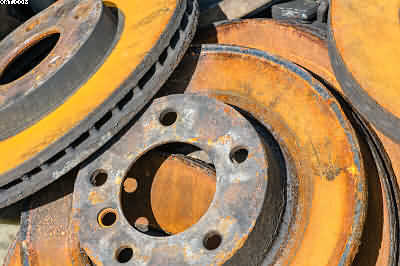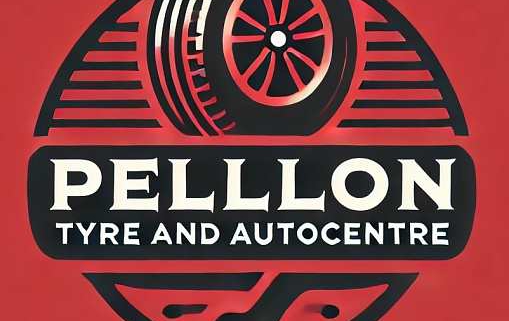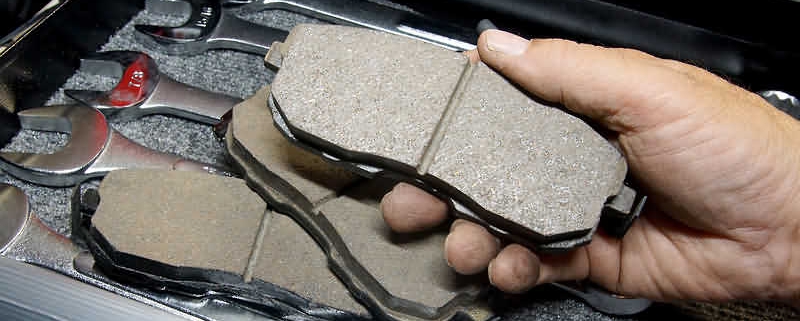Brake Pedal Creep
Table of Contents
Brake Pedal Creep

Brake Pedal Creep
A recent customer inquiry came up with an old problem. As a result, she had been sitting in her car on a cold day in Bridlington. Of course, on the east coast of Yorkshire. The lady’s name was Joan. Joan and her husband had decided to go on a day trip to the seaside.
Unfortunately for them, the weather turned out to be very cold and wet. Consequently, she decided to have some fish and chips and keep the engine running to keep warm. For some strange reason, she rested her foot on the brake pedal.
Indeed, for some reason, the pedal had slowly crept to a stop near the end of its play.
This startled Joan? However, the rain stopped, and the day brightened up. The engine was switched off, and the pedal became hard again.
At the end of the day, the couple returned home. As a result of the peddle experience, she gave us a call. Consequently, we checked the Vauxhall car records.
Hence, the brakes had some work carried out on them about two months previously.
Therefore, to alleviate her concerns, we booked the car in for another brake check.
Although we last carried out any brake work for two months,. Then we decided to check them out? On account of that, we did fit a new set of pads on the brake service.
Sometimes, when you replace new pads. Hence, it is possible to forget to open the brake bleed nipple. Thus, when you push back the piston to remove the old pads,. Because the bleed nipple is closed, the fluid is pushed back into the brake master cylinder. As a result of this, the fluid can reverse the seals in the master cylinder.

Brake Pedal Creep
However, this would not be the case if a professional mechanic had fitted the pads. So this would have been less likely to be the cause. Joan’s brakes were rigorously checked, and no problems were found.
Because of this, I decided to look into the problem.
Consequently, I discovered that it was fairly common on Vauxhall cars. Links have been made to incorrectly set up the ABS brake system. Other reasons have included the development of diesel car brakes. As a result, over the years, diesel cars have become bigger and therefore heavier in weight.
Vehicle manufacturers have had to come up with stronger braking systems.Thus, we will be able to stop these heavier cars. A thing that I did not know? Was that the low pedal problem could be associated with the addition of twin diaphragm boosters.
To stop bigger vehicles, the manufacturers fitted bigger brake callipers and larger pistons. Also, larger discs were fitted, as were larger bore master cylinders. As a result, the master cylinder displaces more fluid but with less pressure. I am not saying that this was the reason for my customer’s car or anything else, but it does make some sense.
Diesel Brake Pedal Creep
car makers use twin diaphragm boosters. Hence, that will reduce brake pedal effort and give the brakes more bite. As a result of this, there have been incidents of the brake pedal fading. Especially on diesel-powered cars.
What I do not understand is that it does not happen on all diesel cars. I am sure that there would be a huge outcry if it did.
If you have a vehicle with brake pedal creep at idle, what can be done?
The best thing I can suggest is if your car has a hard pedal without the engine running and the vacuum exhausted. Then it is possible that the problem is not your car’s master cylinder but could possibly be vacuum-related.
We then road tested Joan’s car on our MOT brake tester.
All the readings were perfect, and the wheels locked off as they should have. In fact, to conclude, most diesel cars will show signs of brake pedal fading. When we explained this to Joan, she was relieved and pleased with the results and our service.
Eric Roberts



